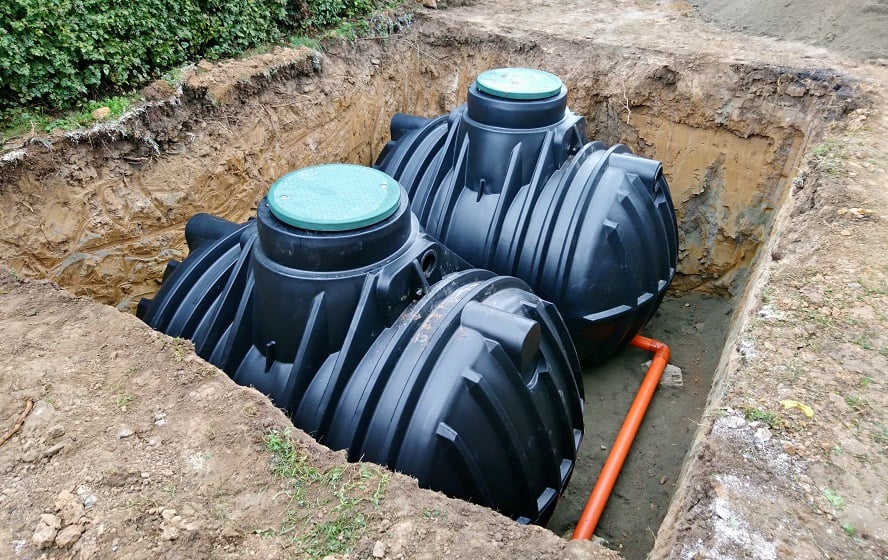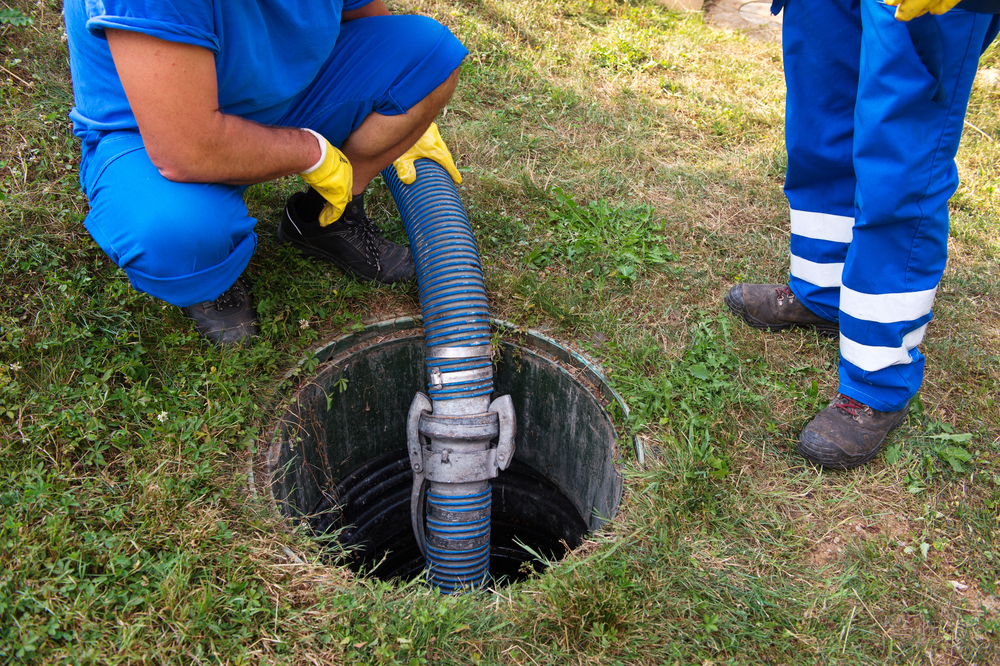
If you own a property without access to the public sewer system, you might be familiar with the terms “cesspool” and “septic tank.” While they share a common purpose, these two systems have distinct differences, which can be crucial when choosing the right wastewater management system for your home or business. In this blog post, we’ll explore the differences between septic tanks and cesspools and discuss the benefits of professional cesspool and septic tank services provided by Quality Cesspool.
A cesspool, also known as a cesspit, is an underground chamber used for the collection and temporary storage of sewage and wastewater. It is typically made of concrete, brick, or other sturdy materials and is designed to hold waste until a professional cesspool service can remove it. One of the main differences between a cesspool and a septic tank is that a cesspool does not treat the wastewater in any way. Instead, it simply collects the waste and requires regular pumping and maintenance to prevent overflows and environmental contamination.
A septic tank, on the other hand, is a more advanced wastewater management system. It is an underground chamber made of concrete, fiberglass, or polyethylene that collects and treats sewage and wastewater from your home or business. The septic tank is designed to separate solid waste from liquid waste through a process called anaerobic digestion. This process breaks down the solid waste, reducing the volume of sludge in the tank. In contrast, the liquid waste (effluent) is drained into a drain field or leach field, where it undergoes further natural treatment before returning to the groundwater.
Treatment Process
The most significant difference between a cesspool and a septic tank is the treatment process. A cesspool simply collects the wastewater, while a septic tank treats it using anaerobic digestion. This treatment process helps reduce environmental pollution and keeps your wastewater management system more efficient and sustainable.
Maintenance
Cesspools require more frequent pumping and maintenance compared to septic tanks due to the lack of a treatment process. Regular cesspool service is essential to prevent overflows, unpleasant odors, and potential contamination of the surrounding environment. Septic tanks, on the other hand, need less frequent pumping but still require periodic inspection and maintenance to ensure proper functioning.
Environmental Impact
Septic tanks have a lower environmental impact compared to cesspools because they treat the wastewater before releasing it into the drain field. This reduces the risk of groundwater contamination and minimizes potential harm to the environment. However, it’s important to note that both systems can pose environmental risks if not properly maintained.
Installation Cost
In general, septic tank systems are more expensive to install than cesspools due to their more complex design and treatment process. However, this additional cost may be offset by the lower long-term maintenance expenses associated with septic tanks.

Quality Cesspool has years of experience in providing exceptional cesspool and septic tank services to our valued clients. Our team of professionals is well-versed in the intricacies of both systems and can help you choose the best wastewater management solution for your property.
Here’s why you should choose Quality Cesspool:
Expertise
Our team of experts has extensive knowledge and experience in both cesspool and septic tank systems, ensuring that we can handle any service or maintenance request efficiently and effectively.
Comprehensive Services
We provide a full range of cesspool and septic tank services, including installation, maintenance, pumping, repair, and inspection. Our comprehensive approach ensures that your wastewater management system remains in optimal condition.
Quality Workmanship
At Quality Cesspool, we pride ourselves on our commitment to delivering top-notch workmanship. Our skilled technicians use only the highest-quality materials and state-of-the-art equipment to ensure that your cesspool or septic tank system is installed and maintained to the highest standards.
Exceptional Customer Service
Our customer-centric approach means that we go above and beyond to provide outstanding customer service. We are always available to answer your questions and address any concerns you may have, making your experience with Quality Cesspool as seamless and stress-free as possible.
Environmental Commitment
We are committed to protecting the environment and minimizing the impact of cesspool and septic tank systems on our planet. By providing professional maintenance and pumping services, we help prevent groundwater contamination and safeguard the health of our local ecosystems.
A septic tank, on the other hand, is a more advanced wastewater management system. It is an underground chamber made of concrete, fiberglass, or polyethylene that collects and treats sewage and wastewater from your home or business. The septic tank is designed to separate solid waste from liquid waste through a process called anaerobic digestion. This process breaks down the solid waste, reducing the volume of sludge in the tank. In contrast, the liquid waste (effluent) is drained into a drain field or leach field, where it undergoes further natural treatment before returning to the groundwater.
Don’t let cesspool issues disrupt your day. Reach out now for a free estimate and expert service.
©2025 Quality Cesspool All Rights Reserved. SEO Company NYC – Web Design & SEO by Hozio